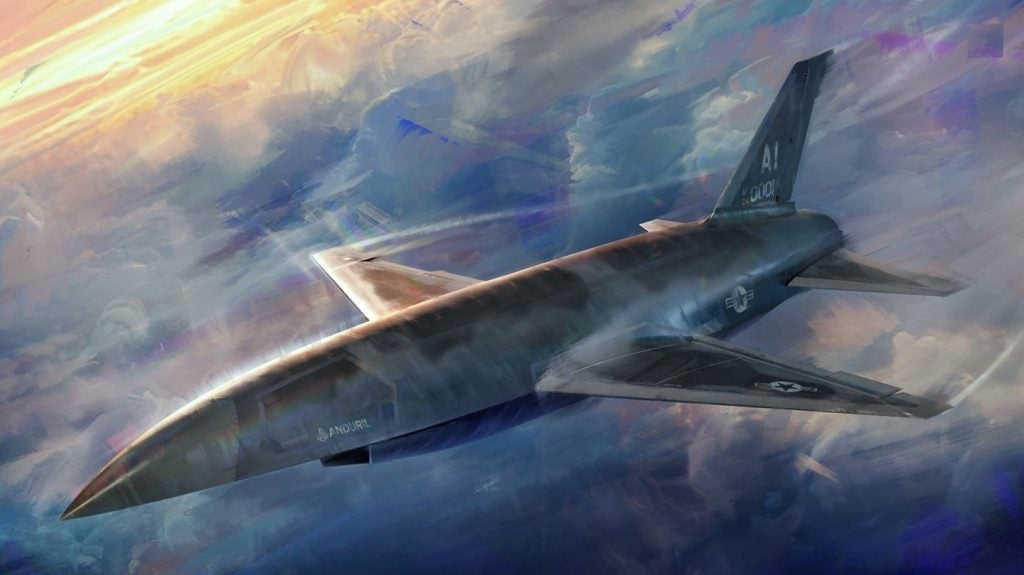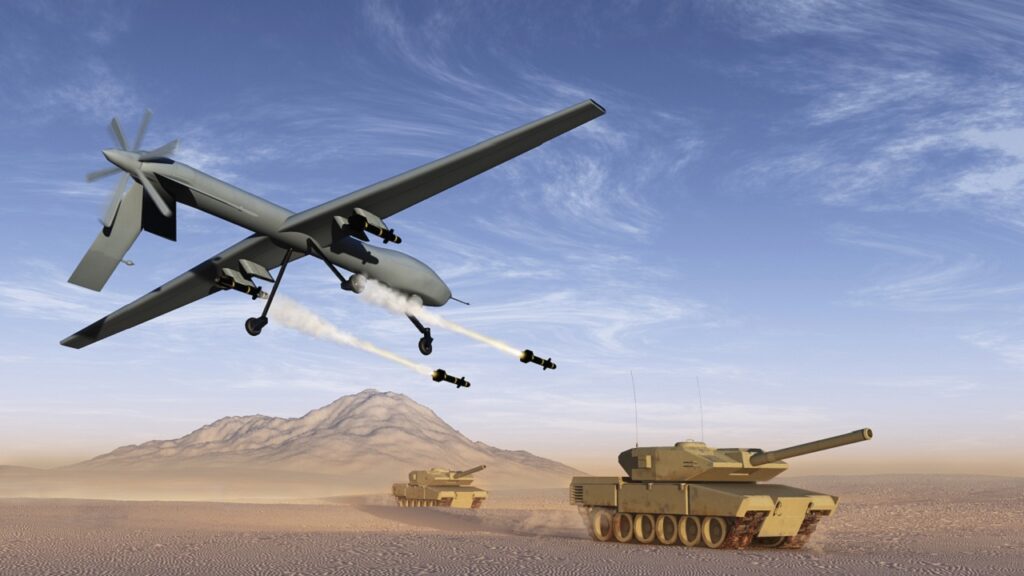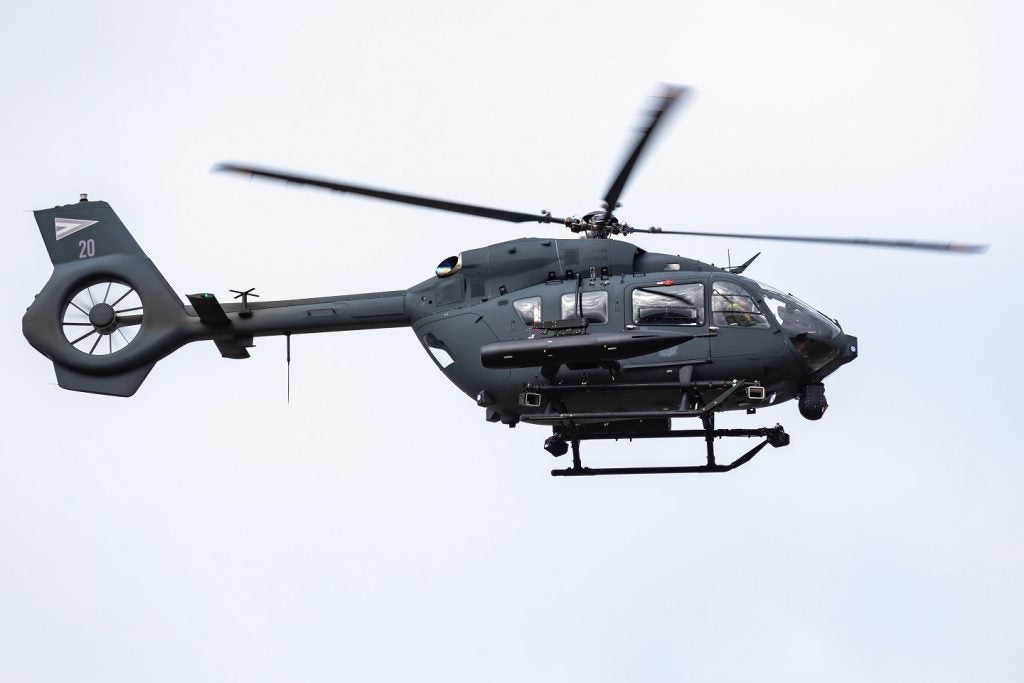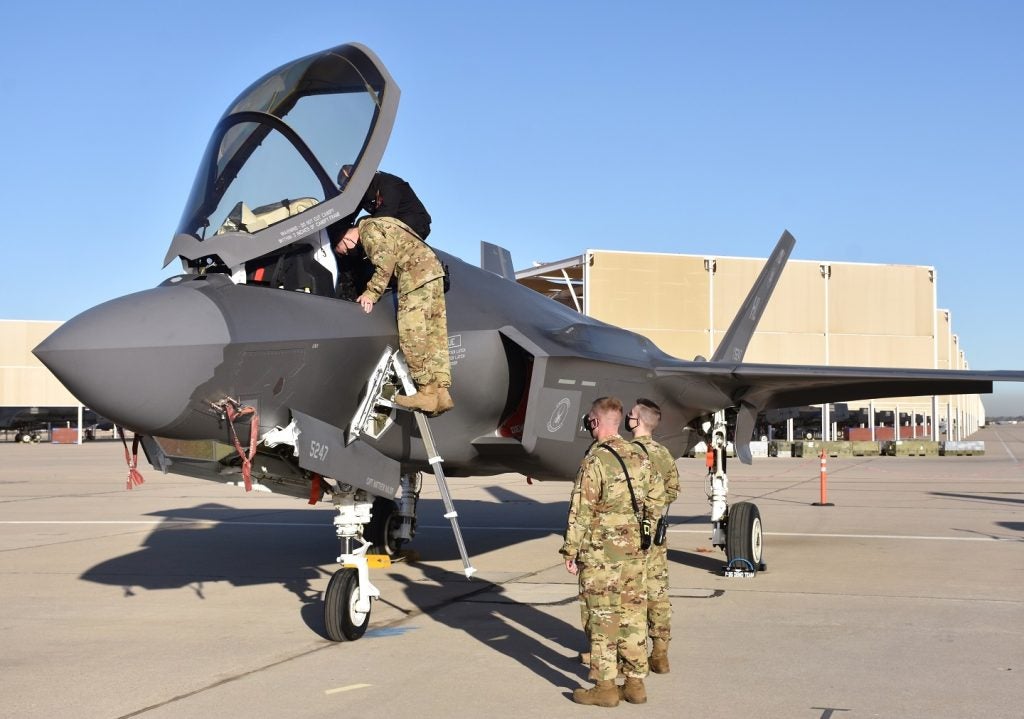
General Atomics Aeronautical Systems (GA-ASI) has secured a contract to provide software support to the US Air Force Special Operations Command’s (AFSOC) MQ-9 unmanned aerial systems (UAS).
Under the $34m contract, the company will build up and field the AFSOC’s MQ-9 medium altitude long endurance tactical (MALET) lead-off hitter (LOH) software line.
Additionally, the company will develop a process to rapidly field capabilities to address activities causing software changes such as software defect corrections, threats, policy or doctrine driven, safety, interoperability, as well as other software changes resulting from hardware upgrades.
The company will undertake the work at its facility in Poway, California; Clovis, New Mexico; and Ft. Walton Beach, Florida, US.
Work is scheduled for completion by 28 February 2018.
See Also:
The MQ-9 Reaper is a medium-to-high altitude, long-endurance UAS and is designed to perform strike, coordination, and reconnaissance against high-value, fleeting, and time-sensitive targets.
How well do you really know your competitors?
Access the most comprehensive Company Profiles on the market, powered by GlobalData. Save hours of research. Gain competitive edge.

Thank you!
Your download email will arrive shortly
Not ready to buy yet? Download a free sample
We are confident about the unique quality of our Company Profiles. However, we want you to make the most beneficial decision for your business, so we offer a free sample that you can download by submitting the below form
By GlobalDataReaper delivers increased battlefield situational awareness, enhances combat search and rescue, and provides ground troop support.
The aircraft has a maximum altitude of 50,000ft and is capable of staying aloft for up to 27 hours.
Currently, the US Air Force and the UK Royal Air Force are using Predator B as MQ-9 Reaper, while the Italian Air Force terms it MQ-9.
Last week, the US Department of Defence (DoD) selected GA-ASI as the prime contractor for a foreign military sale (FMS) of additional MQ-9 UAS to France.
Work under the contract is expected to be completed by 31 October 2017.
Image: MQ-9 unmanned aerial systems. Photo: courtesy of US Air Force photo by Senior Airman Larry E. Reid Jr.







